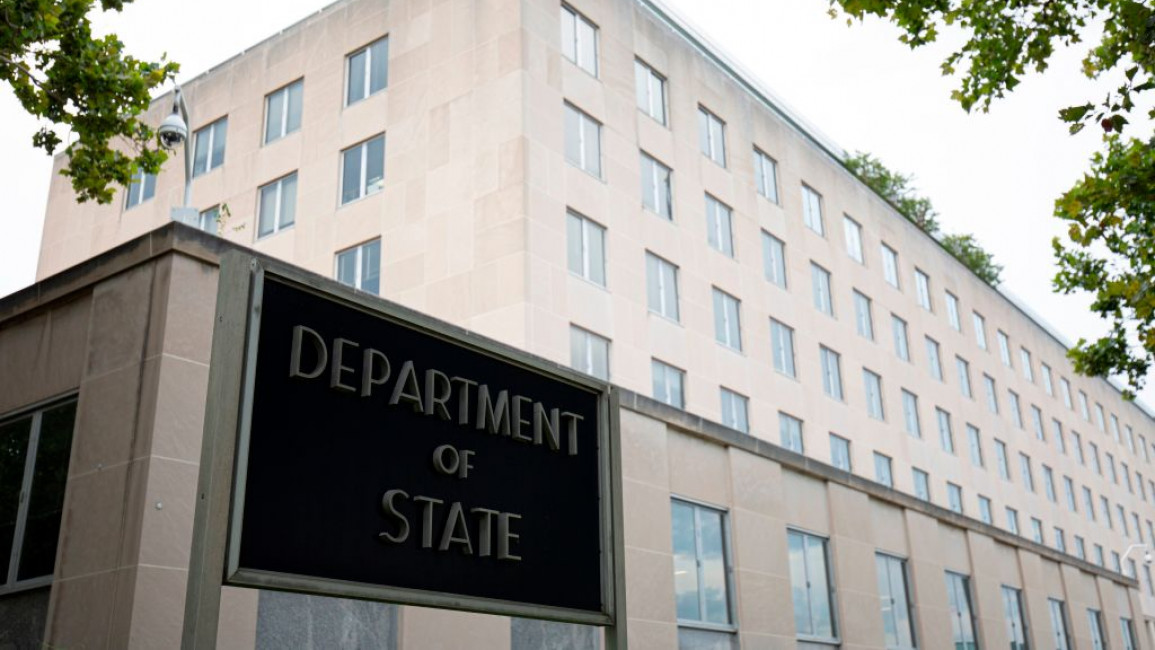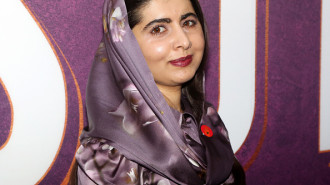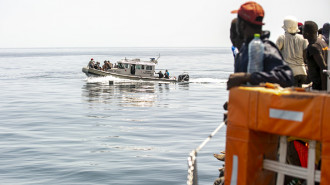Strange bedfellows: Muslim rights advocates and Republicans concerned over US state department grants for atheism
The US State Department is offering grants to applicants who want to do work with marginalised communities, including atheists, in parts of the world where religious freedom is suppressed, with a focus on the Middle East, North Africa, South Asia and Central Asia.
This has drawn criticism from some Muslim Americans, who are questioning why Muslim-majority countries have been disproportionally targetted, while several conservative politicians are questioning why the US should support atheism abroad.
The call for grant applications, which appears on the State Department's website, says it is seeking applicants from "organisations interested in submitting applications for projects that support Religious Freedom globally."
It was brought to public attention when a group of conservative Republican congress members issued a statement condemning the grant programme, which they criticised in a five-page letter (with footnotes) for what they described as their "grave concern that the State Department is using appropriated funds to support atheism and radical, progressive orthodoxy across the world."
The letter goes on to describe "atheism" as part of "the belief system of Marxism and communism". The letter also noted that a Black Lives Matter flag had been displayed at the US embassy in Germany, which the letter described as "a promotion of a specific radical organization."
The letter then asks 12 questions, mainly focused on the idea of the State Department promoting radical beliefs abroad. The letter concludes by giving US President Joe Biden and Secretary of State Antony Blinken until 5 pm on Friday 15 July to respond to their questions.
Through this news publicity, which has been mainly published in right-wing outlets, such as Fox and the Washington Times, it was brought to the attention of the Council on American-Islamic Relations, which denounced the grants due to their focus on Muslim-majority countries as well as the concept of backing movements supporting atheism.
"After doing our research, we were concerned for legitimate reasons," Edward Mitchell, CAIR Deputy Director, told The New Arab.
"A lot of this is optics. It's not a good look. There are different ways to support freedom of religion," said Mitchell.
For him, it's the focus on Muslim-majority regions that's problematic. "If it hadn't been for that, we probably would have let it go. It's not like Muslim society is the only one in the world with public hostility [toward those with different beliefs]," he said.
For its part, the State Department told TNA in an email that it never promotes a specific belief, rather "they promote the rights of all people [to] live free from abuse or discrimination based on whatever their chosen religion or beliefs may be."
When pressed on why they were focusing on Muslim-majority countries, they said, "This solicitation addressed a region of the world where atheists, humanists, and non-theists face violations and abuses of their rights. Individuals have the right to believe or not believe, and to organise their lives according to their conscience, irrespective of where they live."
They declined to elaborate further.
Contrary to criticism of the grants, it does appear, based on their website, that the State Department is indeed focused on protecting people's freedom, rather than promoting any ideology.
As for why the regions (that are generally Muslim-majority) were highlighted, it appears to be based on religious freedom reports, though it is unclear why it would be necessary to specify regions of the world for such a programme.



